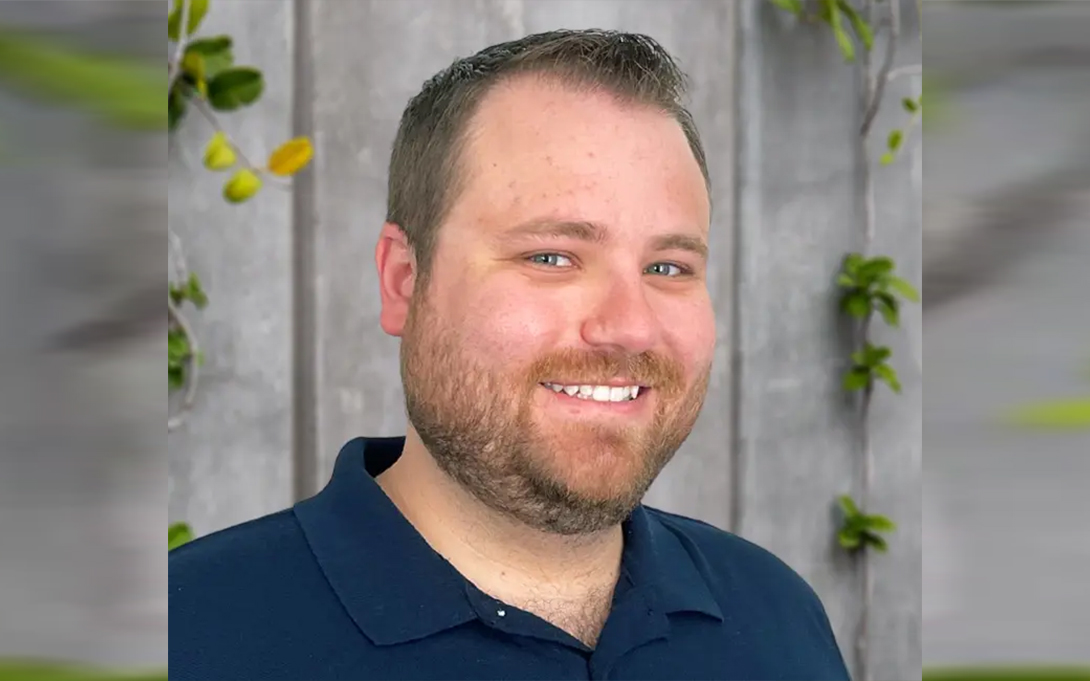
by Nocona Sanders, Materials Science & Engineering Ph.D. Candidate and STPP Certificate Student
Across Michigan and throughout Washtenaw County, issues related to water safety, access, and usage have become prominent topics of public discussion. Despite access to 4 out of 5 Great Lakes, the past few years have repeatedly demonstrated challenges in providing safe water to all current and future Michigan residents. These challenges have drawn the attention of policymakers and experts, but a critical component of the discussion on improving water security must be the values and perspectives of impacted community members.
In April, Engaging Scientists in Policy and Advocacy (ESPA), an interdisciplinary group of graduate students and postdocs here at the University of Michigan, hosted the 2019 Washtenaw County Consensus Conference on Water Security. The goal of the event was to have Washtenaw County residents come together to learn about water security issues and provide their perspectives to policymakers.
Over the three-day event, our 12 community panelists reviewed technical information on a variety of water-related issues and compiled a list of questions. They then held a conversation with experts in fields ranging from public health to engineering and community activism, who answered their questions in a two-hour public forum. To wrap up, the community members attempted to come to a consensus on as many issues as possible. We then wrote a formal report for policymakers detailing the community recommendations on how to address the various water issues facing the county and Michigan at large.
The panelists identified four areas of interest which need to be addressed: Capacity, or the ability to get clean water to all members of the community in day-to-day life, in an emergency, and for years to come; Contaminants; Education; and Competing Interests. Most of the policy recommendations are values statements for policymakers to keep in mind as they discuss water security issues, but some are specific requests. Below are a few of the key findings of the citizen panel:
• More transparency is needed in water quality data, and it should be more easily accessible.
• Governments must improve water infrastructure to filter contaminants and prevent service disruptions.
• The influence of corporations in water control must be reduced.
• K-12 education should include a component on natural resources and the environment.
Through this process, we confirmed that community members can discuss scientific issues on a technical level if provided sufficient information and allowed to engage with experts on an equal footing. We also learned that community perspectives and local expertise are just as important as traditional academic analysis in tackling community-level issues. We would like to thank the Ford School for supporting our project financially and Prof. Joy Rohde for advising us as we planned the conference.
